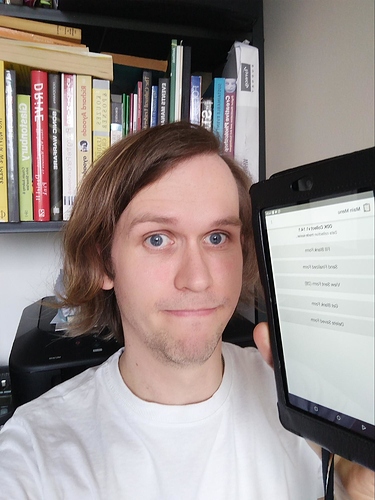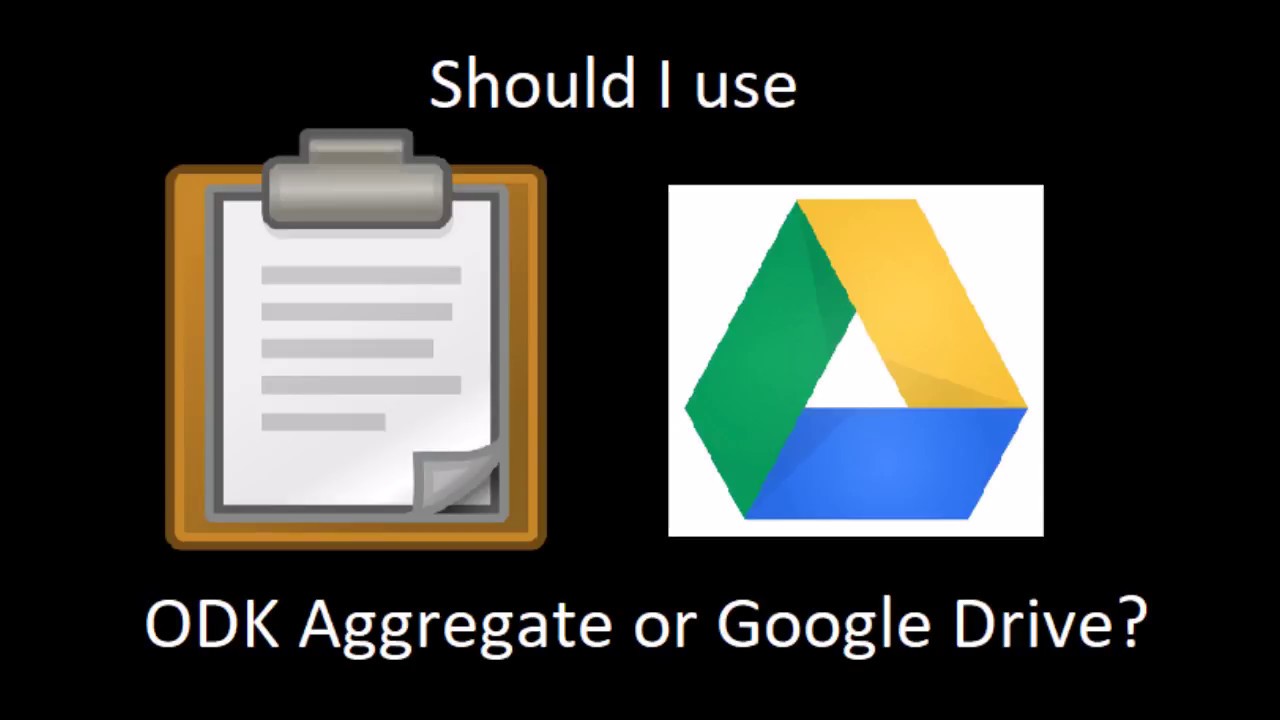Name: Richard Fletcher (@rfletch0)
Location: Where do you live? Where do you work?
I live in the UK, in Leicester. It’s the 11th biggest city in the UK, but you may have heard of it as the place where the remains of King Richard III were found under a car park.
Tell us a fun fact or story about yourself!
I once did an overnight bike ride from London to Leicester (just over 100 miles). It took about 8.5 hours (not including a break).
How did you first find out about ODK?
I started working in academia around 2010 crunching lots of audience or visitor surveys and analysing the results. This meant a lot of data entry and plenty of time to think: ‘there has to be a better way!’. We also used a OCR paper-based scanning software that was never quite as accurate as you wanted it to be, plus there was only one software license so the work couldn’t be shared around.
I also became aware that while web-based survey (Survey Monkey, Google Forms, etc) were increasingly being used, there were many cases where the collection method drastically changed the results from the traditional, paper-based, face-to-face type of surveys we were also doing. The ideal was something with all the features of web surveys, without the need for a constant internet connection, that could run on relatively cheap devices. The fact that ODK does all of this, and more, and is open-source meant I just had to learn more about it. I must have been searching for things like ‘Offline SurveyMonkey’ or ‘Open Source Surveys’ loads of times over those couple of years! I came across Limesurvey, but this doesn’t have the offline capability. I don’t think I actually had an Android device at first to even try it out, I think I started off using it on jailbroken e-readers which are still worth thinking about if battery life and outdoor usage is important to you.
What are you using ODK for?
Mostly audience and visitor surveys in the arts and events sectors here in the UK, though I was contacted by the Cambridge Biomedical Research Centre for a bit of support authoring some forms, and also in the early stages of a project being developed for the Foreign and Commonwealth Office. It has been really valuable to get this insight into other fields who are having similar issues with expensive and opaque proprietary software. Of course with Enketo, ODK can replace the web-based side of things too, so I’d love to see more users from all sectors think about moving away from closed and proprietary data collection and analysis platforms; especially where public money and public data is involved.
What’s your favorite ODK feature?
Although I haven’t used it yet, the signature/drawing function for Enketo was one of those things that I remember thinking ‘oh, that’s a shame it’s not available’, but you come back a few months later and the feature has been added. Great to see little things keep being added and improved. I would love an excuse to get more into ODK 2.0 as well. The city where I live, Leicester, has a very multicultural population so I would love an excuse to try out the multiple language support features too.
How did you get so involved in the community? What keeps you coming back & staying involved?
I had used the previous Google Group forum to ask a few questions here and there, and when it all moved over to the new Discourse forum, there was (still is) a lot of activity. Google groups seems very clunky by comparison now. The governance changeover was happening at that time so it seemed like the right time to try to contribute more. Not being a coder I saw that people were talking about documentation and training videos. This was a separate skill I also wanted to develop so this was a good project to try it out. I was really surprised how many views my first ODK video got and the comments that were made, it really felt like I had helped somehow and I learned a lot too.
What has been the greatest challenge for you in learning about ODK? (Either the software, the community, or both!)
Outside of being capable with Excel, I am not a coder. It’s that Catch-22 of not knowing enough to determine whether this will do what you want, but you have to learn a bit in order to try it out. I think there are plenty of potential users out there, they just have no idea what they could use it for or really how easy it is to use once you put in a little time. They may not have ever used open source software before, or not even know what the difference is compared to commercial options; or commercial options with strong open source ‘roots’.
Let’s talk about goals: Do you have any ODK-related goals for yourself, your organization, or the overall ODK community?
Definitely interested in ODK 2.0 but I can also see there are applications for ODK 1.0 outside of surveys, which is my main use case. I did some prototyping with a local art gallery where this could be used as a simple interactive guide or an audio tour. I hope to have an academic journal article published soon which will cover survey methods in general, but ODK, open data, and open research will definitely feature as something lots of users in a variety of sectors should think about. I am learning more about the work of the Open Data Institute in the UK.
What advice would you give someone who’s just learned about ODK and is considering getting involved?
Despite all the options and freedom you have, I would say just focus on a small project to begin with, some real problem that you could address and see how that goes before you get carried away. I made a video recently about a ‘serverless’ way of using ODK, using Google Drive, as I think this is probably the fastest way to start using ODK proper and you don’t have to set up a server. Regardless of how easy setting up a server is, a non-techie might have already decided it is too hard for them before trying, just because they’ve never really done anything with servers before.
One other thing as well, you can try writing forms and preview them in a web browser without installing anything or using a mobile device. I’m not sure I realized that was possible when I first looked into things but it is is really useful whether you are just starting out or more experienced. ODK Build is another web-based option to get started with too (but you can download it too).
Twitter ID: rfletch0
Website: rfletch0.com

